Journalist Tom Vanderbilt tries to crack the taste code by researching where museums hang paintings, how Netflix tracks viewer preferences, how the US Army makes “Meals, Ready-to-Eat,” and other examples. Accurately predicting customer preferences is the holy grail for online retailers and services. Companies like Netflix and Amazon maintain a significant market advantage in this quest, thanks to the mountains of data they continually collect on customer behavior and preferences. The inexact nature of taste itself bedevils all predictive efforts: Even customers don’t seem to know why they like what they like.
Accounting for Taste
Liking things and disliking other things are among people’s dominant preoccupations. People have strong favorites in food, colors, art and entertainment. Everyone is just as definite, if not more so, about what they don’t like.
But no one really understands why people like or don’t like something.
Theorists from the philosopher Immanuel Kant to the executives at Netflix have wrestled with the question: Why do people like what they like? For Netflix or Amazon, the subject leads to another question: Is it possible to accurately predict what someone will like? If businesses can refine predictive algorithms sufficiently, can they then show customers more things they will like enough to buy?
However, you might not have a definitive answer you could share with a retailer about why you prefer Ravel to Radiohead. Liking is a complex activity involving how the brain directs perception, the human proclivity for perceiving patterns, and myriad internal and external influences, including other people’s opinions, the group you are in and your own expectations.
“Liking...
Tom Vanderbilt is visiting scholar at NYU’s Rudin Center for Transportation Policy and Management, a research fellow at the Canadian Centre for Architecture and a fellow at the Design Trust for Public Space. He is also a contributing editor to Wired (UK), Outside and Artforum.



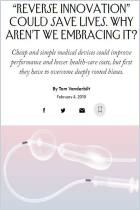
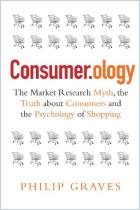
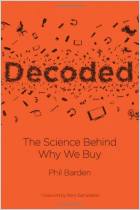
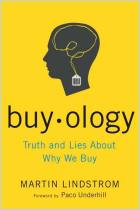
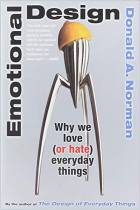
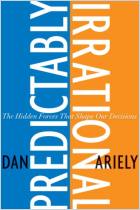
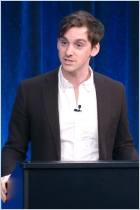





Comment on this summary